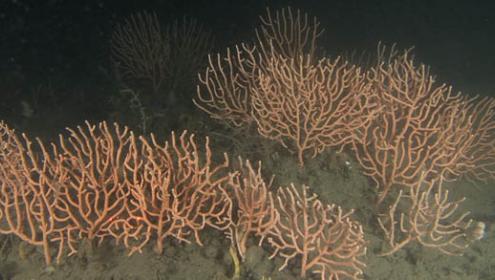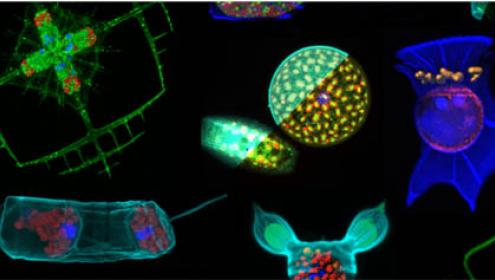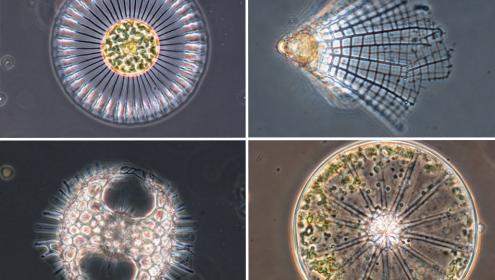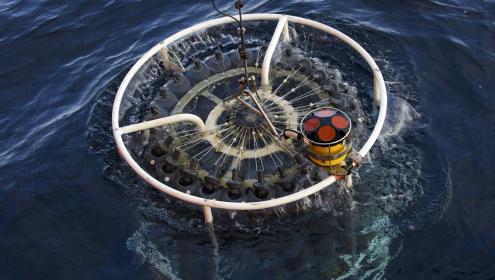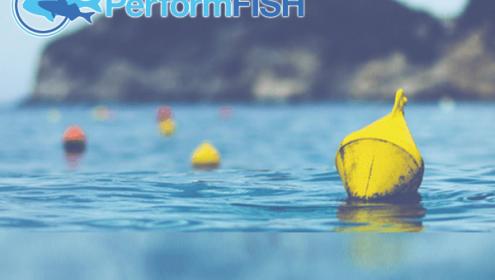LATEST TOPICS
Scientific news
Gorgonians will be replanted in the same zones where they were accidentally fished. Gorgonians create habitats where fish larvae and juveniles find shelter and food. Led by the CSIC, the project counts on the contribution of fishermen, and Fundación Biodiversidad from the Spanish MAPAMA.
An international scientific team, with a large contribution of ICM-CSIC researchers, has obtained the genome of several marine bacterivorous protists and has compared them to the genetic data of natural microbial communities. The results unveil how these bacterivorous distribute across the different regions of the ocean and supports the idea that each species has a specific role in the microbial plankton.
A group of international researchers, led by AZTI scientists, and with a large contribution of ICM-CSIC researches show in a paper published in the latest issue of Nature Communications that the size of marine plankton is key to its global dispersal and distribution. It is an important discovery because plankton form the base of the food chain in the sea, produce 50% of the oxygen we breathe and also remove CO2 from the atmosphere. These functions depend on the distribution of the different plankton species and on their body size.
The role of viruses on marine microbial communities has been widely studied in the coastal or surface zones of the oceans but the evaluation of viruses in the deep ocean is scarce. One of the main objectives of the Malaspina 2010 Circumnavigation Expedition, led by the Spanish National Research Council (CSIC), was to sample the deep ocean and to study the life strategies of the viruses that live there.
The fifth edition of the "Ramon Margalef Summer Colloquia" (RMSC) will begin on Monday 3 of July, organized by the Institut of Marine Science (ICM-CSIC) and the Catalan Association of Oceanographers (ACOIO). Since its first edition in 2013, every summer the RMSC gathers junior and senior oceanographers to exchange ideas on ocean research.
The Institute of Marine Sciences (ICM-CSIC) is part of PerformFISH, a new H2020 European project focus on developing consumer driven aquaculture production by integrating innovative approaches that can help ensure European sea bream and sea bass aquaculture businesses are sustainable and competitive.
